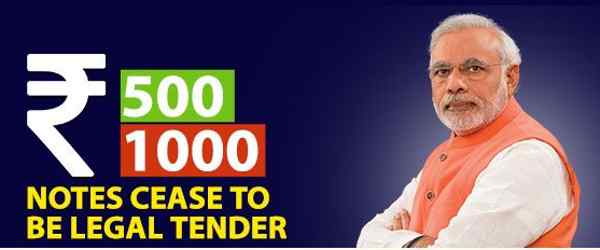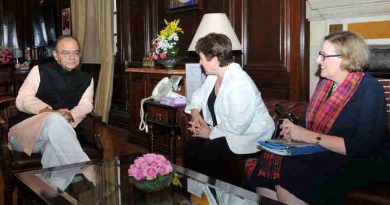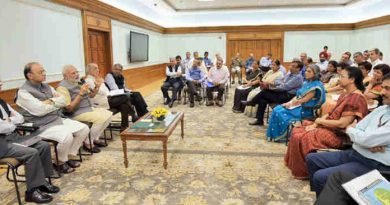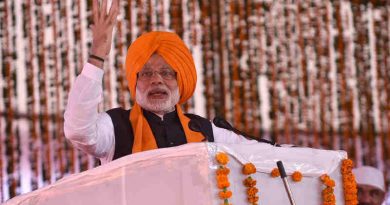Demonetization to Hit Corrupt Politicians of India

By Rakesh Raman
The Finance Minister of India, Arun Jaitley, said Saturday that Prime Minister (PM) Narendra Modi has asked all MPs and MLAs of Bharatiya Janata Party (BJP) to submit their bank account details to assess the impact of demonetization on corruption.
“PM Modi is setting a new example of propriety in public life, by asking all MPs and MLAs of BJP to submit their bank account details post demonetization. We would like to urge the other parties to do the same and prove their intentions against corruption,” Jaitley said.
Modi had demonetized currency notes of Rs. 500 and Rs. 1000 on November 8, saying that the step has been taken to check corruption and stop the flow of black money.
Common people and opposition parties in India are up in arms against the government because the decision to stop the circulation of currency is causing severe hardships to commoners.
This war-like situation is causing deaths of innocent people who keep standing in queues even in harsh weather with the hope to get their old currency exchanged from banks.
The Modi government had thought that demonetization will hit corrupt people who will lose their cash amassed through illegal and corrupt deals. As politicians are among the most corrupt Indians, the government wants them also to deposit their cash in banks so it could be assessed and taxed.
“Political parties have not been granted any exemption post demonetization and introduction of Taxation Laws (Second Amendment) Act, 2016 which came into force on 15th December, 2016,” Jaitley clarified.
He said that Income & Donations of political parties fall in the purview of Section 13A of the Income Tax Act 1961, and there is no change in its provisions. Under this law, political parties have to submit their audited accounts, income & expenditure details, and balance sheets.
Post demonetization, no political party can accept donations in the old 500 and 1000 rupee notes since they were rendered illegal tenders. Any party doing so would be in violation of law, Jaitley warned.
Just like anyone else, he said, political parties can also deposit their cash held in the old currency in banks till the 30th of December provided they can satisfactorily explain the source of income and their books of accounts reflect the entries prior to 8 November.
If there is any discrepancy in the books or records of political parties, they are liable to be questioned by the Income Tax authorities. “They enjoy no immunity whatsoever. There is no question of sparing anyone, and the political class is no exception,” Jaitley warned.
By Rakesh Raman, who is a government award-winning journalist and runs free school for deserving children under his NGO – RMN Foundation.




